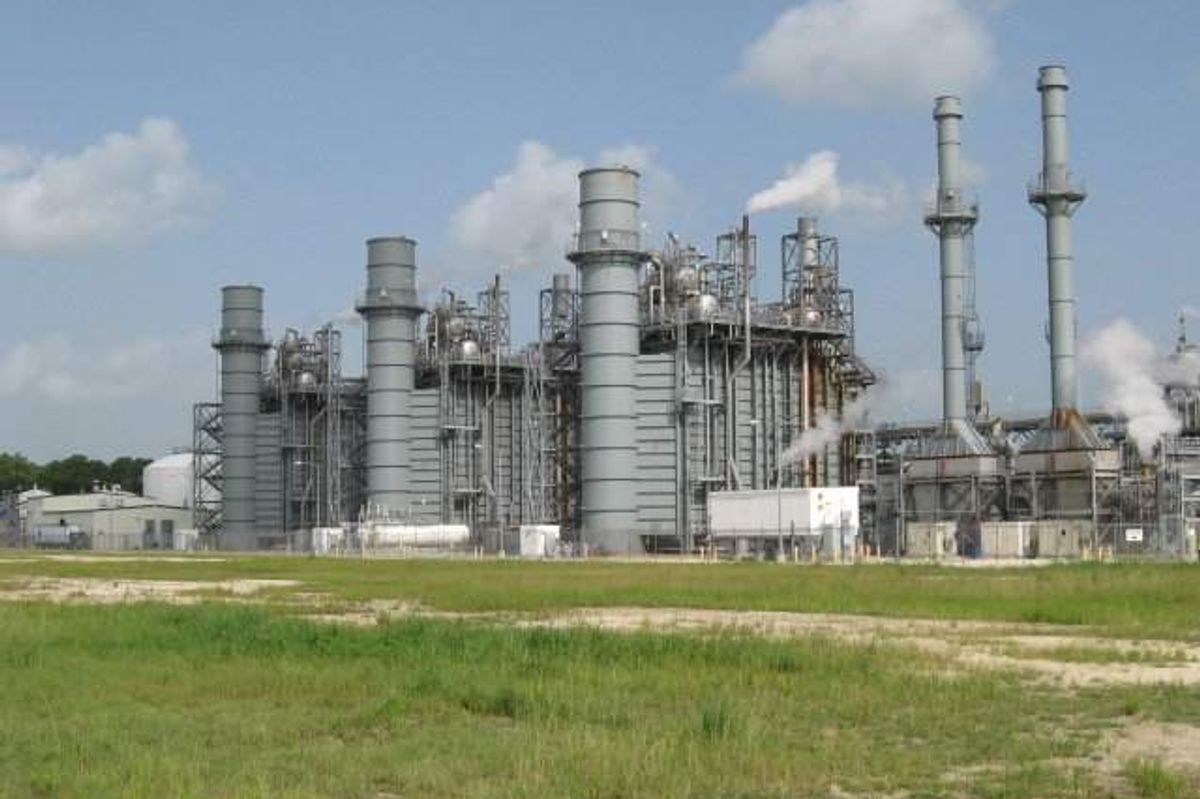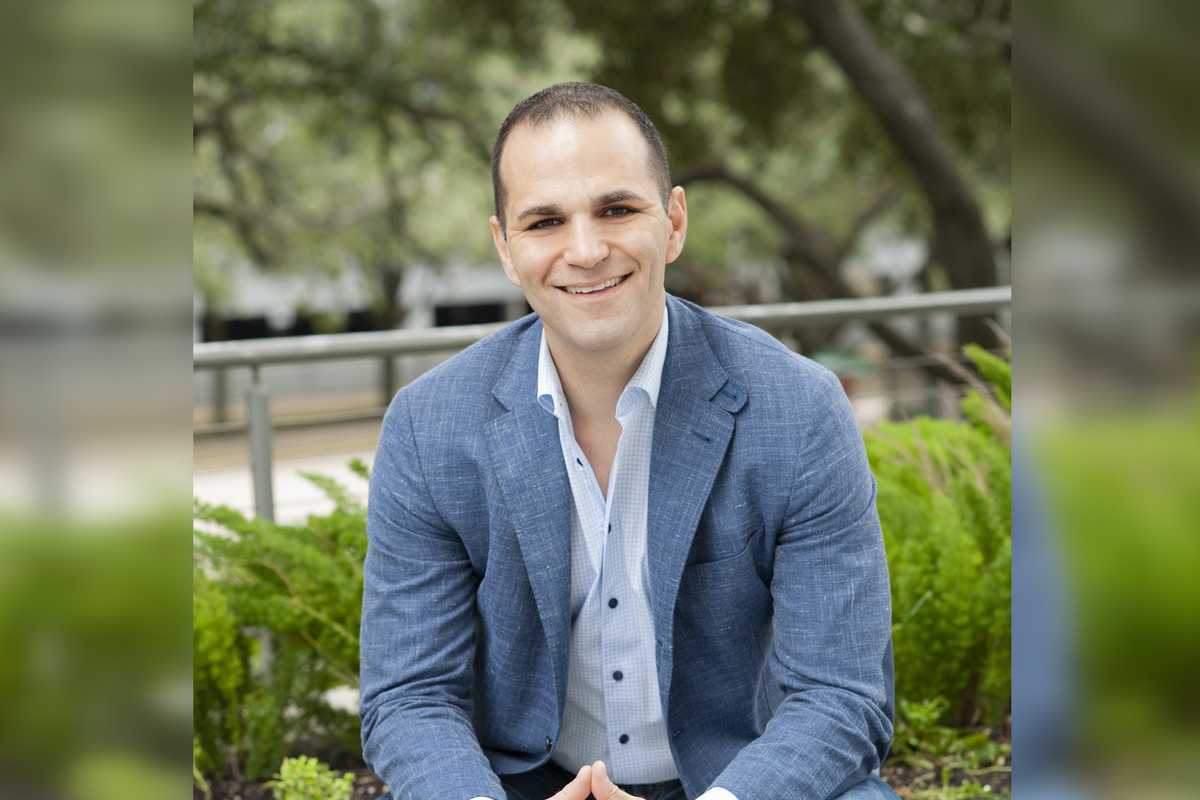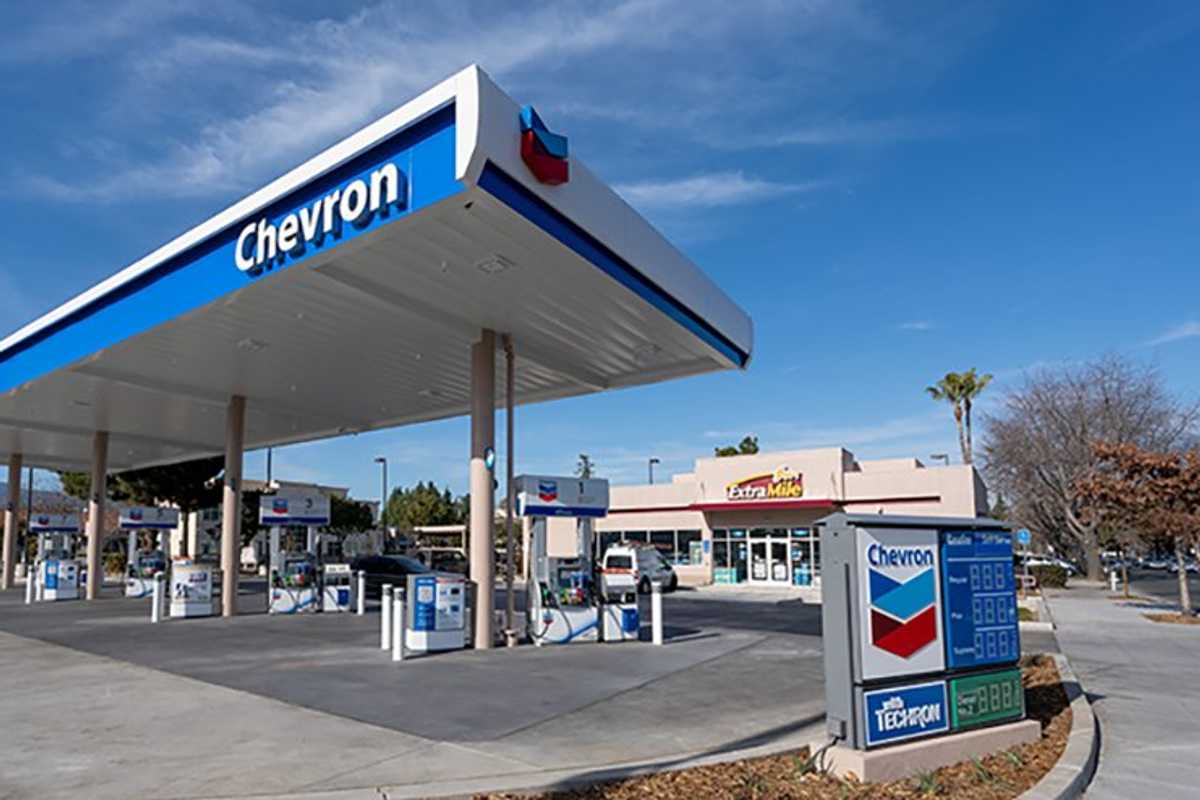$21.5 billion merger will create Houston-based energy powerhouse
Major Merger
Oklahoma City, Oklahoma-based Devon Energy has agreed to buy Houston-based Coterra Energy in a $21.5 billion all-stock deal, forming an energy powerhouse that will be headquartered in Houston. The combined company, boasting an enterprise value of $58 billion, will adopt the Devon brand name.
Revenue for the two publicly traded companies totaled nearly $18.8 billion in the first nine months of 2025. Devon is a Fortune 500 company, but Coterra doesn’t appear in the most recent ranking.
The deal, already approved by the boards of both companies, is expected to close in the second quarter of 2026. Once the transaction is completed, Devon shareholders will own about 54 percent of the combined company and Coterra shareholders will own 46 percent.
“This transformative merger combines two companies with proud histories and cultures of operational excellence, creating a premier shale operator,” says Clay Gaspar, Devon’s president and CEO.
The combined company will be one of the world’s largest shale producers, with third-quarter 2025 production exceeding 550 thousand barrels of oil per day and 4.3 billion cubic feet of gas per day. A significant presence in the Delaware Basin, encompassing hundreds of thousands of acres, will anchor the company’s operations. The 10,000-square-mile Delaware Basin is in West Texas and southeastern New Mexico.
The new Devon also will operate in the Permian Basin, located in West Texas and New Mexico; Marcellus Shale, located in five states in the East; and Anadarko Basin, located in the Texas Panhandle, Colorado, Kansas, and Oklahoma.
Gaspar will be president and CEO of the combined company, and Tom Jorden, chairman, president, and CEO of Coterra, will be non-executive chairman.





















